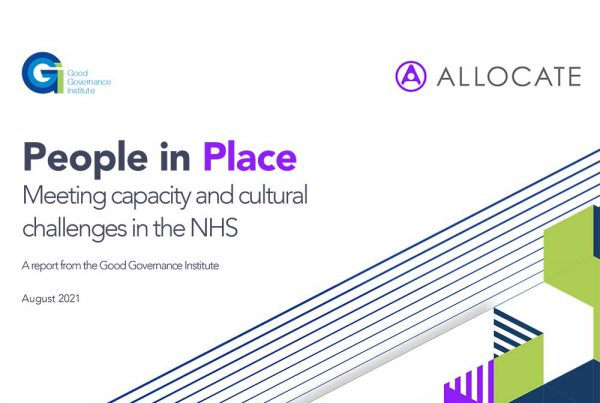Learning is rapidly changing with digital natives informally innovating the workforce as they enter it. As such, virtual, social and e-learning are all staking a claim on the market, as people become increasingly demanding in how they access knowledge and how that learning is logged and tracked. Which may explain in part why the global e-learning market is predicted to grow to nearly $2bn by 2021. Consequently, learning technologies that support this shift are being pulled into the spotlight with a particular focus on whether the foundations for e-learning are strong, stable and set for this unprecedented growth.
Proliferation of online education
The likes of TikTok and YouTube are leading the way, both launching education-focused platforms in 2019. For TikTok, it aims to ‘democratise learning’, and its #EduTok program, which launched in India in October last year, has received an unprecedented response. Educational videos are proving to be some of TikTok’s most popular and engaging globally and in recent months, the platform has seen more than 10 million educational videos created and shared, garnering more than 48 billion views.
While these figures paint a positive picture of social learning, on a grassroots level, what does this really mean for employees specifically in healthcare who are engaging in training and learning?
The landscape for e-learning in healthcare
Certainly, in healthcare, e-learning offers a unique opportunity to empower individuals to take responsibility for their own learning journey, a shift that will grow ever more popular over the next five years. From statutory and compliance training to re-validation and career progression modules, alternatives to traditional, classroom-based learning are becoming an increasingly important feature of the NHS training program. Meanwhile technology that can track informal, bite-sized learning on an individual level has the potential to create vast time and cost savings for the NHS, with time away for training reduced and condensed.
Developing tech to support ‘learning in the flow’
While online giants such as TikTok have realised the opportunity for e-learning and the informal, social sharing of knowledge, the technology to support individualised learning programs in the real world is on the backfoot. If the healthcare industry is to realise the benefits of employee-owned learning journeys, it’s vital that technology is developed to provide ‘learning in the flow’, and opportunities for staff to acquire knowledge on their own terms, at their own time and in their own way.
For individuals entering the workforce, this is likely to take the form of social learning such as TikTok and YouTube, while for older employees, more traditional methods of training is likely to take preference. It’s clear that a balance must be struck to ensure neither cohort feels alienated in their training and learning journey; ultimately, this is about offering choice and access to the tools that will empower staff to take ownership of their own learning journey.
Demand for individual ownership of learning
We have recognised demand for this employee-owned method of learning and are working with leading partners to develop the technology required to support it. Ultimately, whatever technology is developed must fit with today’s way of learning as well as tomorrow’s.
Join us for our Study Day hosted by Southern Health NHS Foundation Trust on 31 March at 9.30am.





